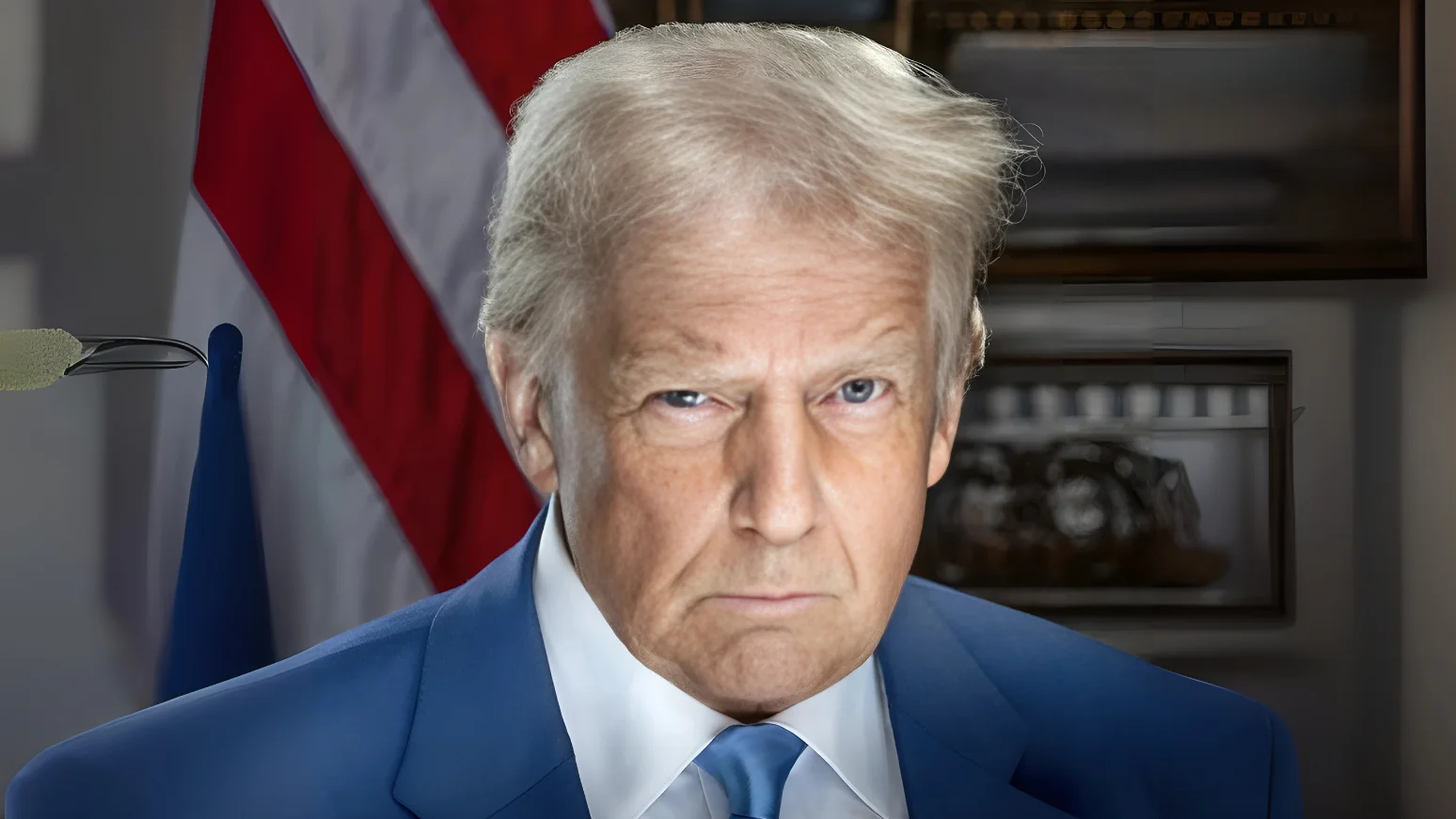The White House has announced further modifications to reciprocal tariff rates in response to ongoing concerns about the United States' goods trade deficits and related national security implications. President Donald J. Trump issued an executive order on July 31, 2025, detailing new ad valorem duties and adjustments to the Harmonized Tariff Schedule of the United States (HTSUS).
The executive order builds on Executive Order 14257 from April 2, 2025, which declared a national emergency due to persistent U.S. goods trade deficits. The President cited continued lack of reciprocity in bilateral trade relationships and the impact of foreign tariff and non-tariff barriers on U.S. exports, manufacturing, supply chains, and defense industries as reasons for these changes.
According to the order, some trading partners have made or are close to making significant trade and security commitments with the United States. Others have not offered sufficient terms or failed to engage meaningfully in negotiations.
"I have received additional information and recommendations from various senior officials on, among other things, the continued lack of reciprocity in our bilateral trade relationships and the impact of foreign trading partners’ disparate tariff rates and non-tariff barriers on U.S. exports, the domestic manufacturing base, critical supply chains, and the defense industrial base," President Trump stated in the order.
"For example, some trading partners have agreed to, or are on the verge of agreeing to, meaningful trade and security commitments with the United States, thus signaling their sincere intentions to permanently remedy the trade barriers that have contributed to the national emergency declared in Executive Order 14257... There are also some trading partners that have failed to engage in negotiations with the United States or to take adequate steps to align sufficiently with the United States on economic and national security matters," he added.
As outlined in Annex I of the order:
- Additional ad valorem duties will be imposed on goods from certain trading partners at specified rates.
- For European Union goods with a current duty rate under 15 percent, combined tariffs will total 15 percent; those at or above this threshold will not face additional duties.
- Goods from other foreign partners not listed will face a 10 percent duty unless otherwise specified.
- Modifications become effective seven days after issuance for most imports.
Goods already loaded onto vessels before this effective date but arriving before October 5, 2025, will remain subject to previous duties under Executive Order 14257.
To address attempts at evading these tariffs through transshipment—where goods are rerouted through third countries—Customs and Border Protection (CBP) may impose a higher penalty rate of up to 40 percent along with other penalties. A list identifying countries and facilities involved in such schemes will be published every six months for use by government agencies and businesses during procurement or reviews.
Implementation responsibilities fall primarily on federal agencies including Commerce, Homeland Security (via CBP), State Department, Treasury Department, U.S. Trade Representative (USTR), National Security Council officials, and others as needed.
The Secretary of Commerce and USTR are tasked with monitoring circumstances related to this emergency declaration. They must consult relevant officials regularly and recommend further action if necessary—including responses if foreign partners retaliate against U.S. measures or fail to make adequate progress toward resolving identified issues.
The executive order specifies that if any provision is found invalid by courts or authorities it does not affect remaining sections. It also clarifies that it does not alter authority granted by law nor create enforceable rights for individuals against federal entities.
Publication costs for this order will be covered by USTR.





